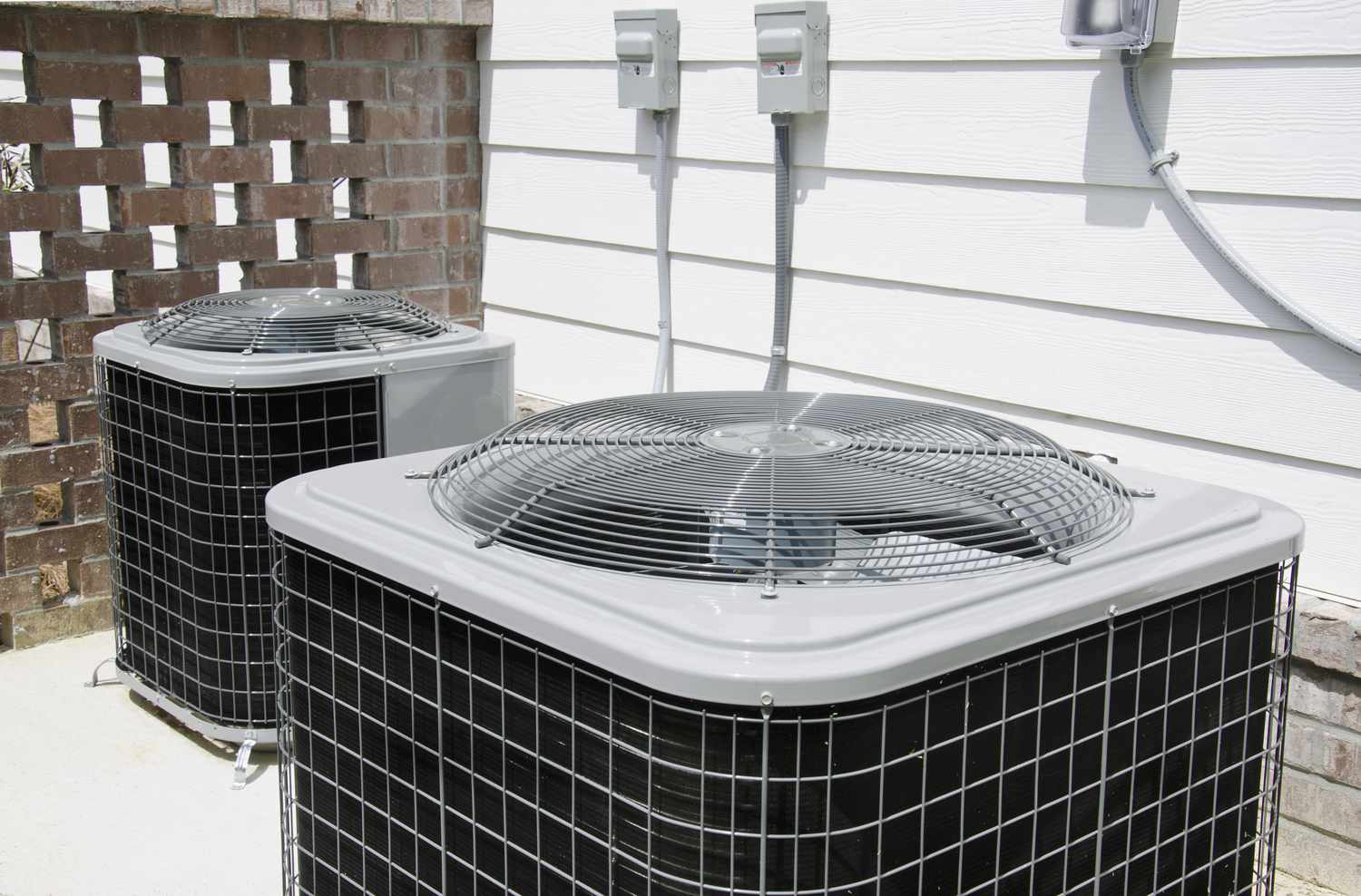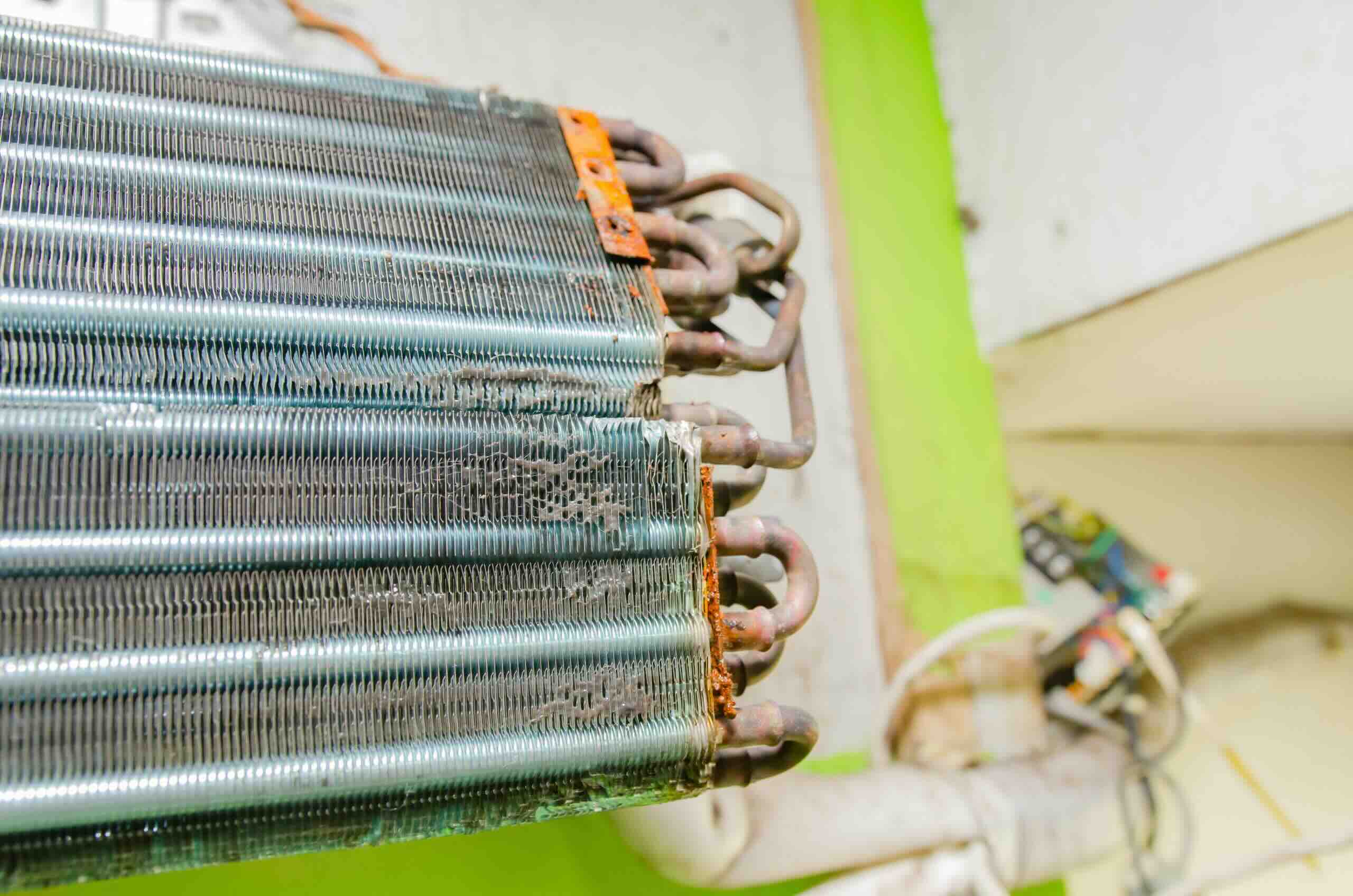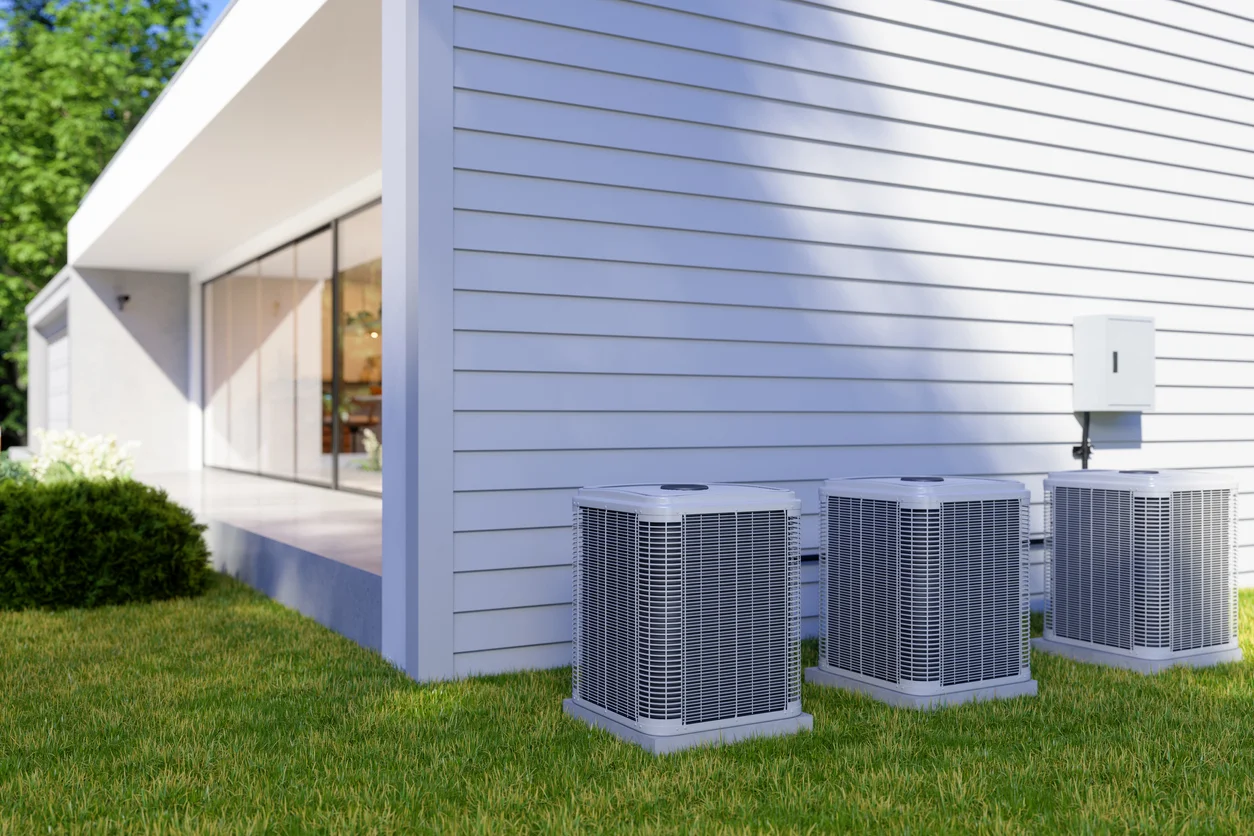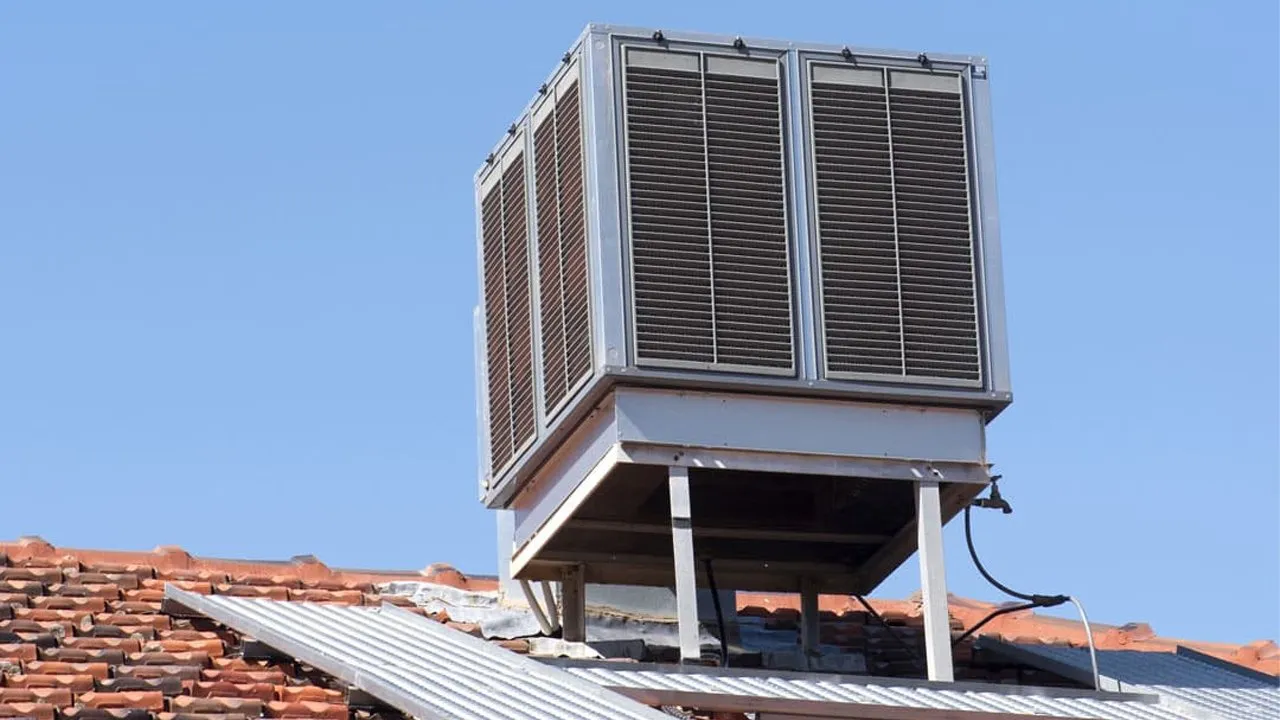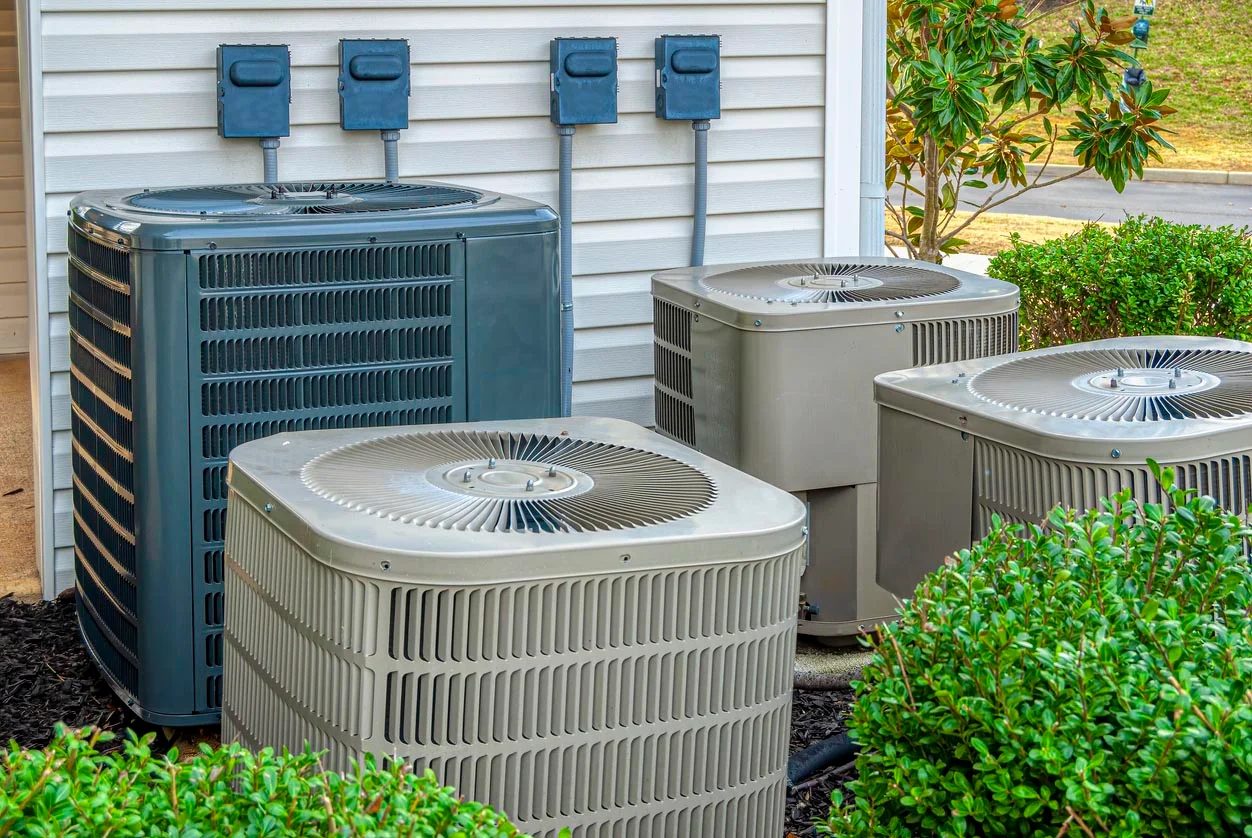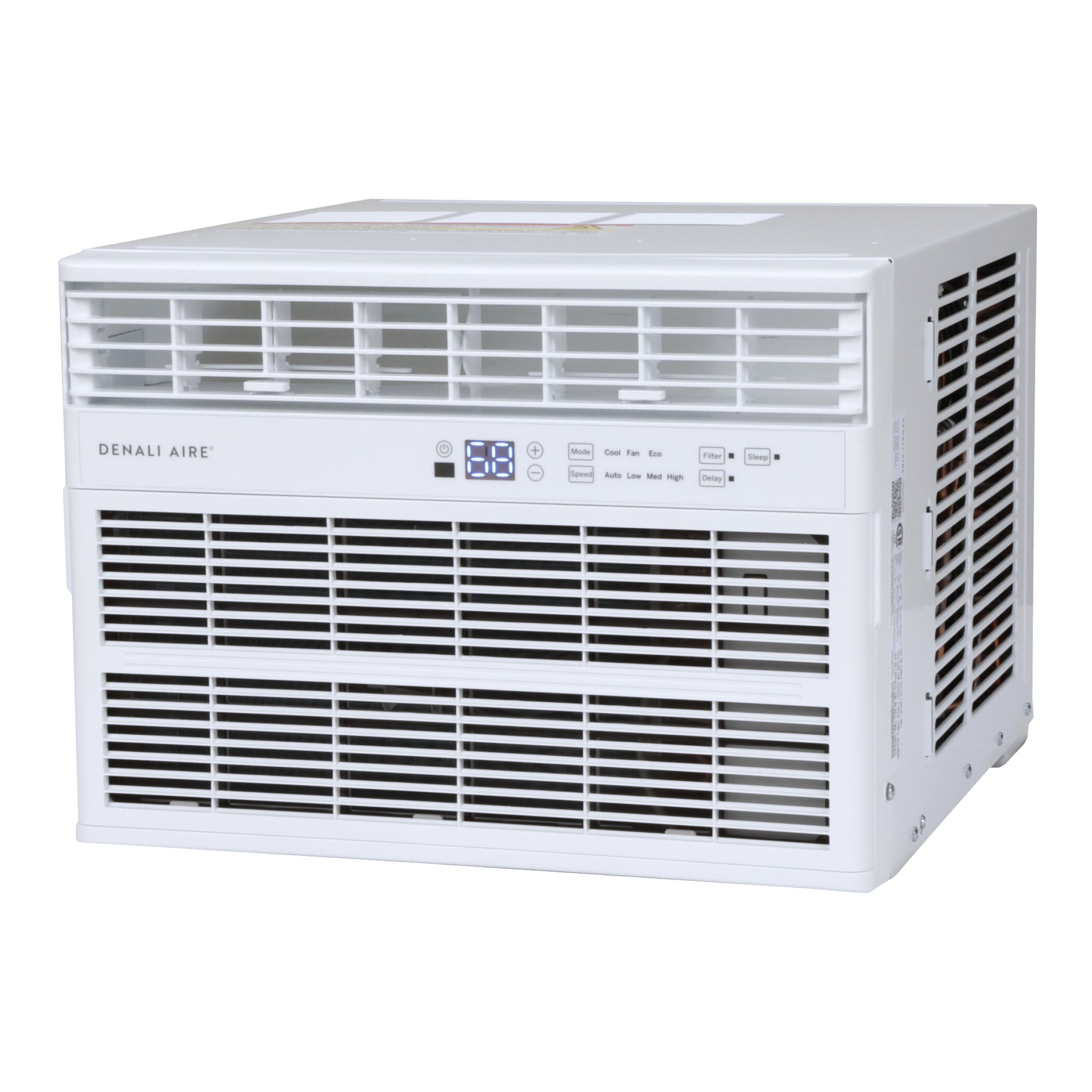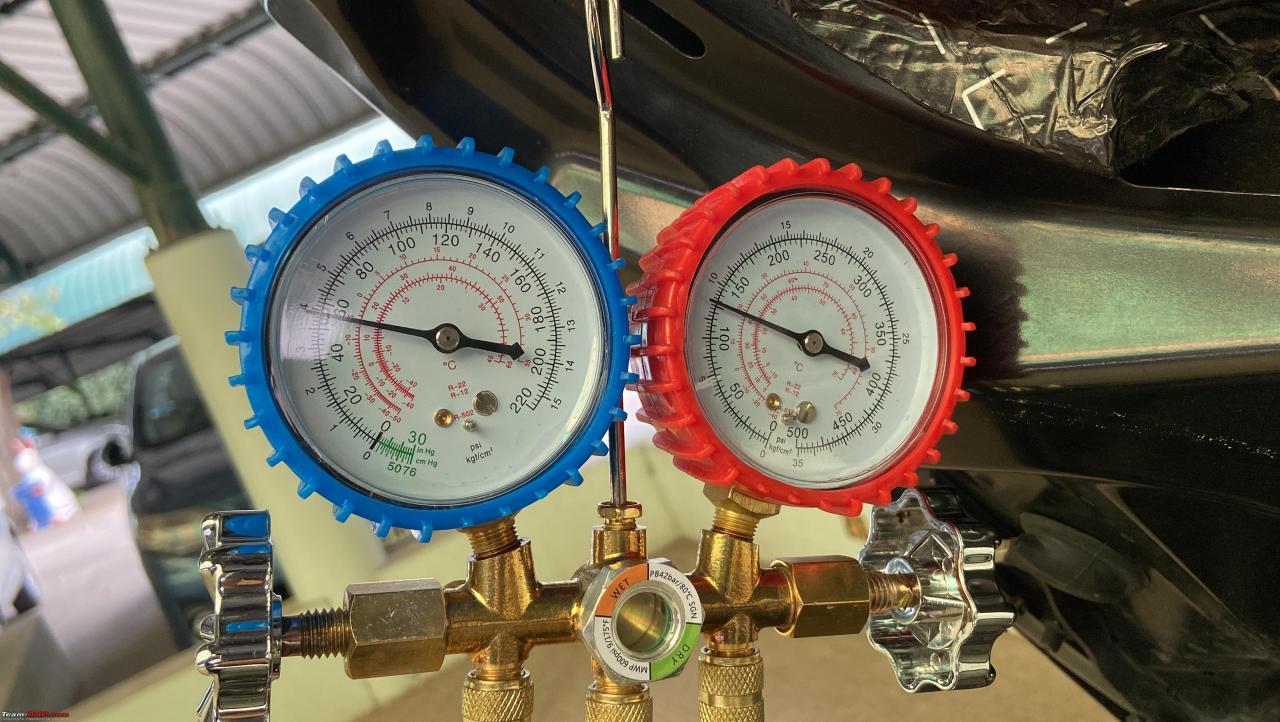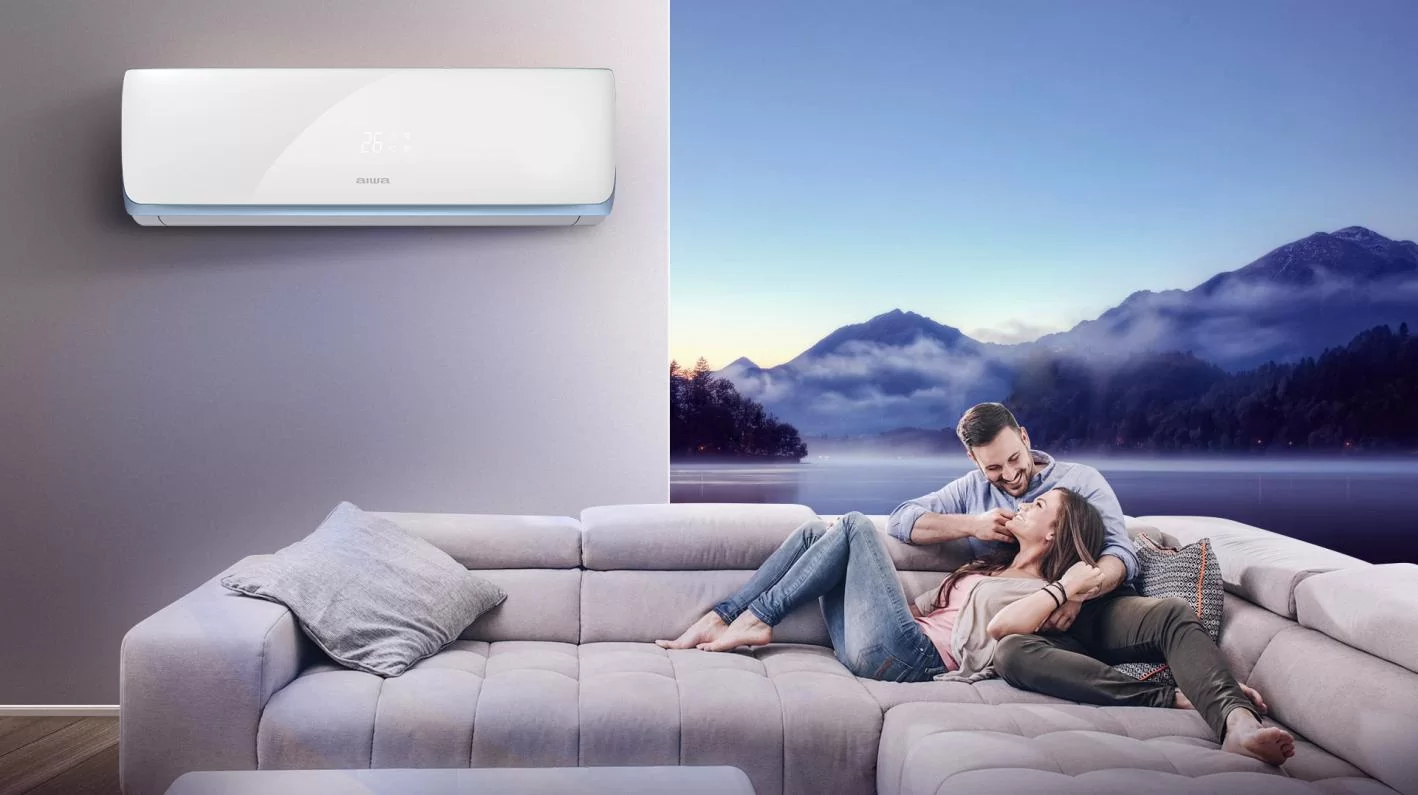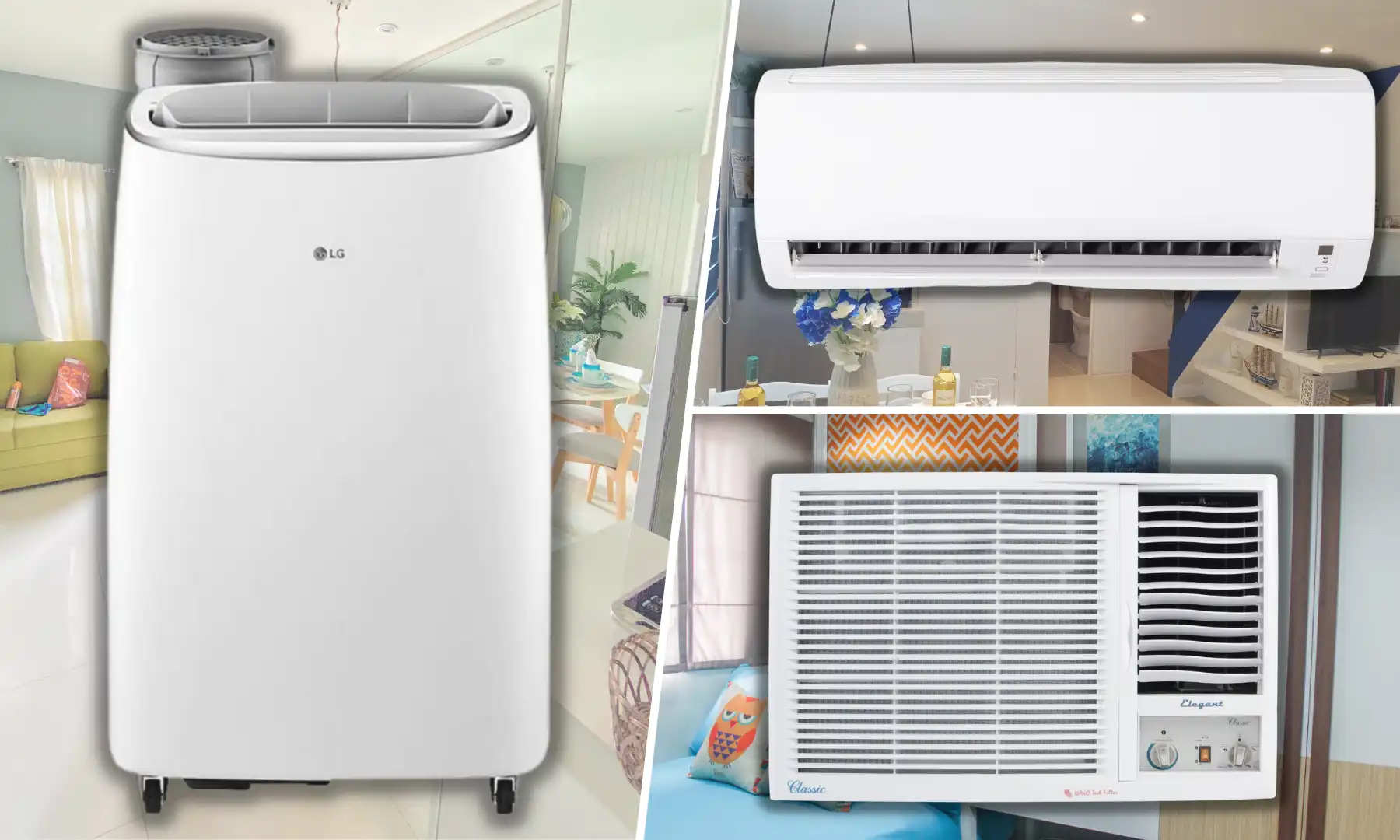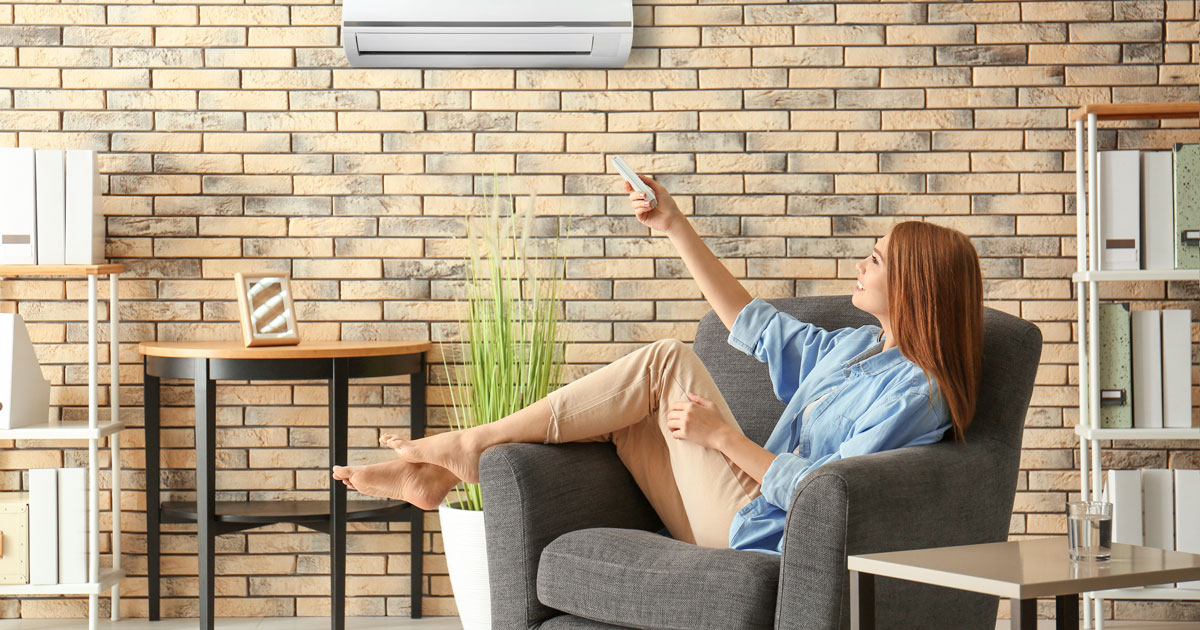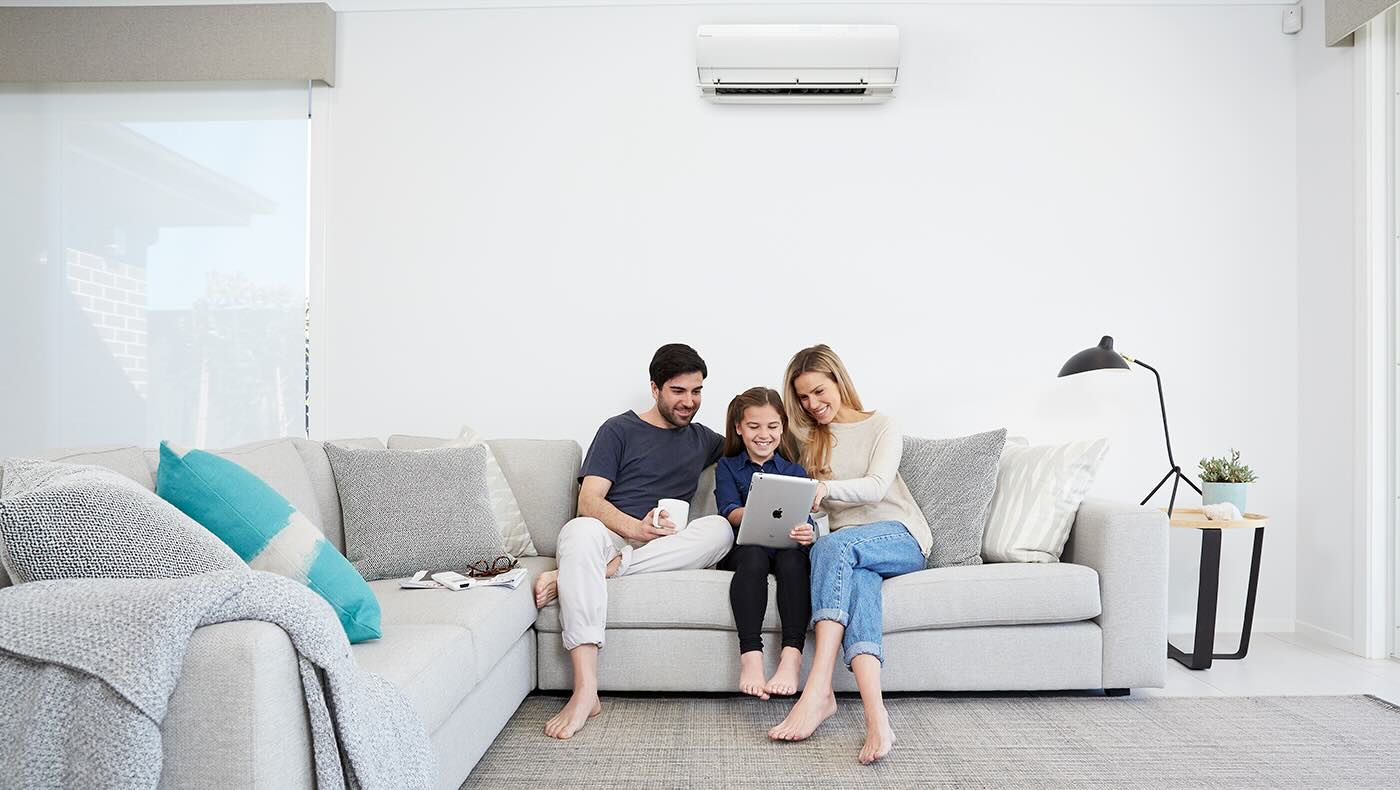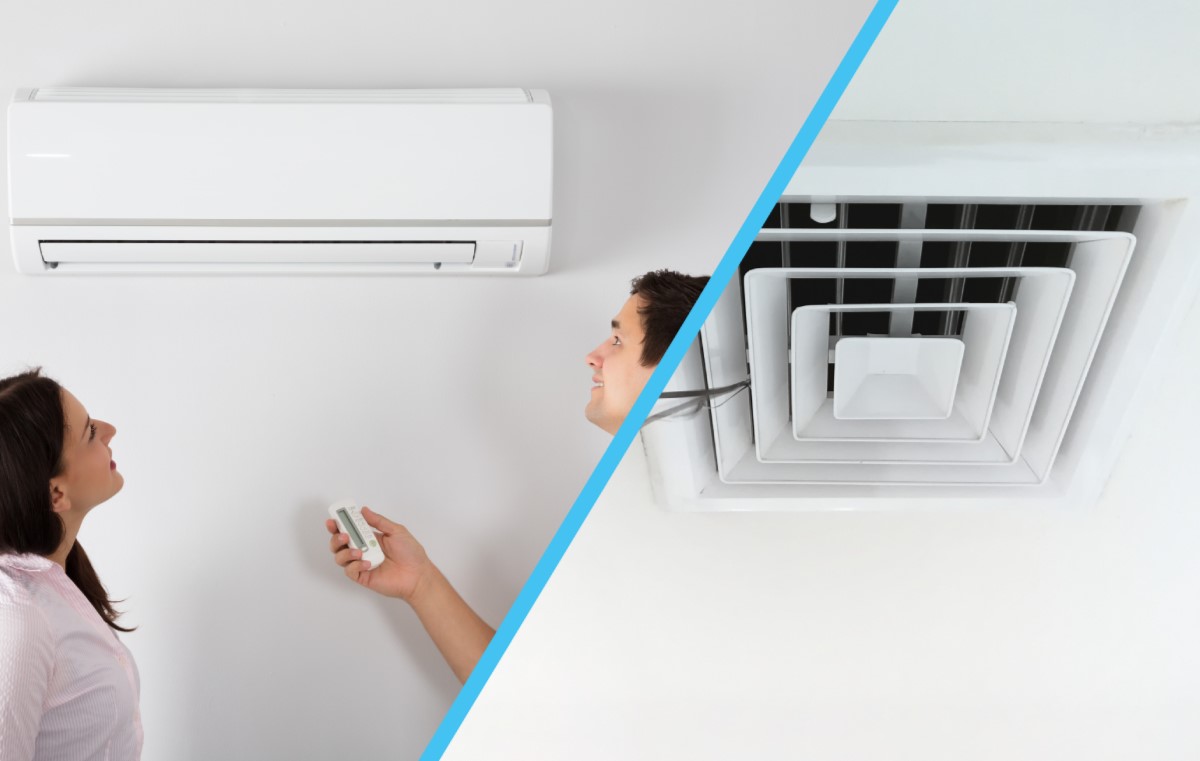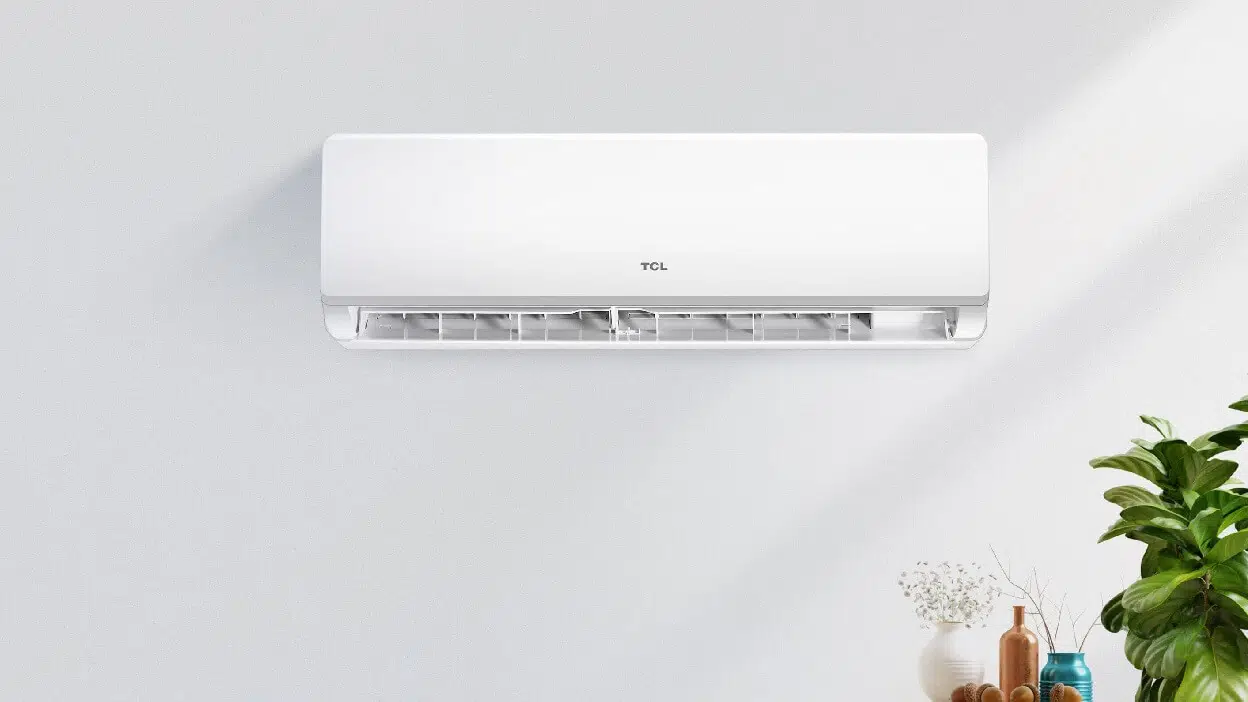Home>Home Maintenance>What Are BTUs In An Air Conditioner
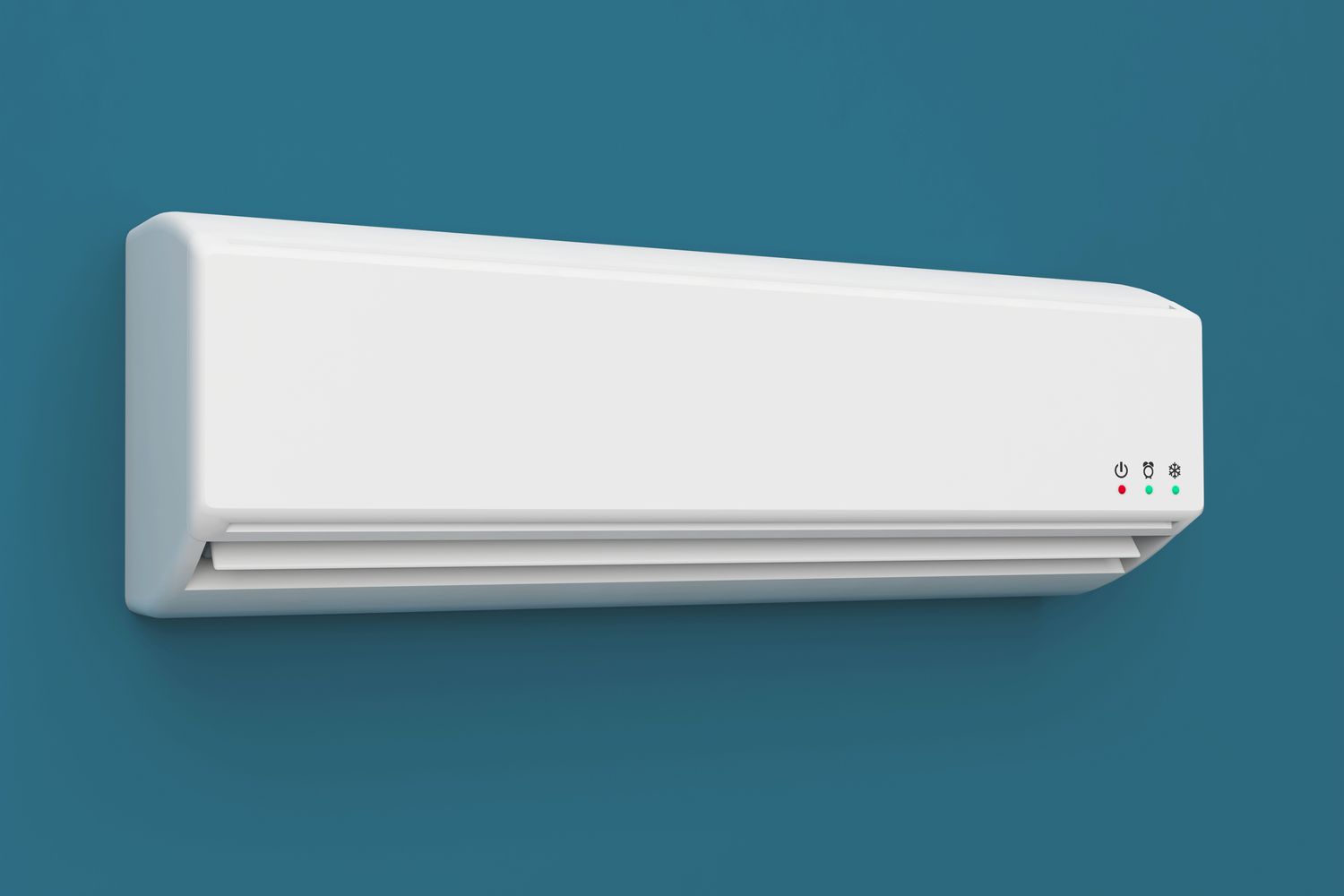

Home Maintenance
What Are BTUs In An Air Conditioner
Modified: August 30, 2024
Learn about BTUs in an air conditioner and their importance for home maintenance. Discover how to choose the right BTU capacity for your cooling needs.
(Many of the links in this article redirect to a specific reviewed product. Your purchase of these products through affiliate links helps to generate commission for Storables.com, at no extra cost. Learn more)
Introduction
Welcome to the world of air conditioning! Whether you’re planning to buy a new air conditioner or simply interested in expanding your knowledge, understanding BTUs (British Thermal Units) is essential. BTUs play a crucial role in determining the cooling power and efficiency of an air conditioner, and knowing how to calculate the appropriate BTU requirement for your space is key to achieving a comfortable indoor environment.
But what exactly are BTUs? In the simplest terms, BTUs are units of measurement used to quantify the amount of heat an air conditioner can remove from a space. The higher the BTU rating, the more cooling power the air conditioner has. And understanding the BTU requirement for your specific space is vital in ensuring that your air conditioner performs optimally and efficiently.
In this article, we will delve deeper into the world of BTUs in air conditioners. We will explore the importance of BTUs, factors that can affect BTU requirements, and how to calculate the appropriate BTU rating for your space. We will also discuss the implications of choosing an air conditioner that is either oversized or undersized, and provide tips on how to make the most efficient use of BTUs in your air conditioning unit.
So, if you’re ready to dive into the fascinating realm of BTUs in air conditioners, let’s get started!
Key Takeaways:
- BTUs measure an air conditioner’s cooling power. Choosing the right BTU rating ensures comfort, energy efficiency, cost savings, and longevity of the unit. Consider room size, insulation, climate, and occupants to determine the appropriate BTU requirement.
- Avoid oversized or undersized air conditioners to maintain optimal cooling efficiency. Efficiently use BTUs by optimizing insulation, using programmable thermostats, maintaining air filters, ensuring proper ventilation, and considering zoning systems for maximum comfort and energy savings.
Read more: How Many BTUs Is My RV Air Conditioner
Understanding BTUs
Before we delve into the importance of BTUs in air conditioners, let’s first understand what BTUs actually represent. BTUs, or British Thermal Units, are a measurement unit used to quantify the amount of heat energy an air conditioner can remove from a space. In other words, it measures the cooling capacity of the unit.
To put it in perspective, one BTU is the amount of energy required to raise the temperature of one pound of water by one degree Fahrenheit. So when we talk about BTUs in air conditioners, we are referring to the amount of heat that the unit can extract from the surrounding air and cool down.
The BTU rating of an air conditioner determines its cooling power. Higher BTU ratings indicate that the air conditioner can cool larger spaces or spaces with higher heat loads more effectively. Conversely, lower BTU ratings are suitable for smaller spaces or areas with lower heat loads.
It’s important to note that the BTU rating alone is not the only factor to consider when choosing an air conditioner. Other factors, such as insulation, room size, climate, and the number of occupants, also play a significant role in determining the appropriate BTU requirement for a space.
Now that we have a basic understanding of what BTUs represent, let’s explore why they are crucial in selecting the right air conditioner for your space.
Importance of BTUs in Air Conditioners
BTUs are of utmost importance when it comes to selecting the right air conditioner for your space. Choosing an air conditioner with the appropriate BTU rating ensures that your cooling needs are met efficiently and effectively. Here’s why BTUs are so crucial in air conditioners:
- Comfortable Indoor Environment: The main purpose of an air conditioner is to create a comfortable indoor environment by cooling the air. If you choose an air conditioner with a lower BTU rating than required, it may struggle to cool your space adequately, leading to discomfort on hot days. On the other hand, an air conditioner with too high of a BTU rating might cool the space too quickly, leading to frequent on-off cycles and inadequate dehumidification. Selecting the right BTU rating ensures that your air conditioner maintains a consistent and comfortable indoor temperature.
- Energy Efficiency: Choosing an air conditioner with the appropriate BTU rating contributes to energy efficiency. If your air conditioner is undersized and unable to cool your room efficiently, it may end up running for longer periods, consuming more energy and resulting in higher electricity bills. Conversely, an oversized air conditioner might cycle on and off frequently, wasting energy. By selecting the right BTU rating, you can optimize energy usage and reduce your environmental footprint.
- Cost Savings: Selecting an air conditioner with the appropriate BTU rating based on your space’s cooling requirements can save you money in the long run. An accurately sized unit will be energy-efficient, reducing your monthly cooling costs. Additionally, by choosing the right BTU rating, you avoid purchasing an air conditioner that exceeds your needs, saving you from unnecessary expenses.
- Longevity of the Air Conditioner: Using an air conditioner with the correct BTU rating can also help prolong the lifespan of the unit. If an air conditioner is consistently running above its capacity due to being undersized, it can cause strain on the compressor, leading to premature wear and tear. Conversely, an oversized air conditioner that frequently cycles on and off can experience increased wear on the components. Choosing the right BTU rating ensures that your air conditioner operates within its intended capacity, promoting longevity and reducing the risk of breakdowns.
Understanding the importance of BTUs in air conditioners is essential to ensure that you select a unit that meets your cooling needs while considering factors such as comfort, energy efficiency, cost savings, and longevity. With this in mind, let’s explore the various factors that can affect the BTU requirements for your space.
Factors Affecting BTU Requirements
When determining the BTU requirement for your space, it’s important to consider various factors that can affect the cooling load. These factors will help you determine the appropriate BTU rating to ensure optimal cooling efficiency. Here are the key factors that can influence BTU requirements:
- Room Size: The size of the room is one of the primary factors in determining the BTU requirement. A larger room will require a higher BTU rating to cool effectively. As a general rule of thumb, for every square foot of space, you will need approximately 20 BTUs. However, it’s important to consider other factors that may increase the BTU requirement, such as ceiling height and the number of windows.
- Insulation: The level of insulation in your space plays a significant role in determining the BTU requirement. Well-insulated spaces retain cool air better, allowing for more efficient cooling. If your space is poorly insulated or has significant air leakage, you may need a higher BTU rating to compensate for the cooling loss.
- Climate: The climate in which you reside is another important factor to consider. Hotter climates typically require air conditioners with higher BTU ratings to combat the higher heat loads. On the other hand, in cooler climates, a lower BTU rating may suffice. Consider the average temperatures and humidity levels in your area when determining the appropriate BTU requirement.
- Number of Occupants: The number of people occupying the space can increase the cooling load. Each person generates body heat, which contributes to the overall heat load in the room. As a general guideline, add approximately 600 BTUs for each additional person beyond the first two in a room.
- Sunlight Exposure: The amount of sunlight that enters your space can significantly impact the cooling load. Rooms with significant sun exposure, especially during peak hours, will require a higher BTU rating. Consider the number and size of windows and the orientation of the room when determining the BTU requirement.
By considering these factors and their impact on the cooling load, you can more accurately determine the appropriate BTU requirement for your space. This will help ensure that your air conditioner can effectively cool the room and maintain a comfortable indoor environment.
Now that we have explored the factors affecting BTU requirements, let’s move on to the practical aspect of calculating the BTU requirement for your space.
Calculating BTU Requirements for your Space
Calculating the BTU requirement for your space is crucial in selecting the right air conditioner that will efficiently cool your room. By considering the following steps, you can determine the appropriate BTU rating for optimal cooling efficiency:
- Measure the Room Size: Start by measuring the dimensions of the room – length, width, and height. Multiply these measurements to get the total square footage of the room. For example, if the room is 12 feet long, 10 feet wide, and 8 feet high, the total square footage would be 12 feet x 10 feet = 120 square feet.
- Check Insulation: Assess the insulation in your space. Well-insulated rooms require less cooling power, while poorly insulated rooms may need extra cooling capacity. Take note of the insulation condition and make adjustments accordingly.
- Consider the Climate: Take into account the climate of your region. Hotter climates may require higher BTU ratings, while cooler climates may need lower BTUs. Check the average temperatures and humidity levels in your area to determine the appropriate BTU requirement.
- Account for Occupants: Determine the number of people who will occupy the space regularly. As mentioned earlier, each additional person contributes to the cooling load. Add approximately 600 BTUs for each additional person beyond the first two.
- Assess Sunlight Exposure: Evaluate the amount of sunlight that enters the room. Rooms with direct sunlight exposure will require higher BTUs. Consider the number and size of windows and the orientation of the room to determine the impact of sunlight on the cooling load.
- Use a BTU Calculator: Once you have all the necessary information, use an online BTU calculator or consult with an HVAC professional to get an accurate BTU requirement for your space. These calculators consider all the relevant factors and provide you with the recommended BTU rating for your air conditioner.
Remember, it’s important to err on the slightly higher side when selecting the BTU rating. It’s better to have a slightly higher BTU capacity than needed for optimal cooling efficiency rather than an undersized unit that struggles to cool the room adequately.
By following these steps and using a BTU calculator, you can accurately determine the BTU requirement for your space. This ensures that the air conditioner you choose will provide optimal cooling performance, energy efficiency, and comfort.
Now that you understand how to calculate the BTU requirement, let’s move on to the importance of avoiding oversized or undersized air conditioners.
When choosing an air conditioner, consider the BTU (British Thermal Unit) rating. The higher the BTU, the more powerful the AC unit, but it also means higher energy consumption. Calculate the right BTU for your space to ensure efficient cooling.
Oversized and Undersized Air Conditioners
Choosing the right-sized air conditioner is crucial for maintaining optimal cooling efficiency and comfort in your space. Both oversized and undersized air conditioners can lead to various issues and limit the performance of the system. Let’s explore the implications of having an oversized or undersized air conditioner:
Oversized Air Conditioners:
An oversized air conditioner has a higher BTU rating than necessary for the size and cooling load of the room. While it may seem like a more powerful unit will provide better cooling, an oversized air conditioner can result in several problems:
- Short Cycling: An oversized air conditioner cools the room quickly, causing it to reach the desired temperature faster. Once the thermostat senses this, the system shuts off. However, short cycling, where the system frequently turns on and off, can lead to inefficient cooling, increased energy consumption, and unnecessary wear and tear on the unit.
- High Humidity Levels: Oversized units do not run long enough to adequately dehumidify the space. This can result in higher humidity levels, creating a damp and uncomfortable environment. Excess humidity can also lead to issues like mold and moisture damage.
- Decreased Energy Efficiency: Air conditioners are most efficient when they run consistently and evenly. Oversized units that frequently cycle on and off waste energy and may result in higher energy bills. Additionally, the increased stress on the system can lead to potential maintenance and repair costs.
- Uneven Cooling: An oversized air conditioner may cool one area of the room quickly while neglecting to evenly distribute cool air throughout the space. This can result in temperature variations and discomfort for occupants.
Undersized Air Conditioners:
Conversely, an undersized air conditioner has a lower BTU rating than what is required to adequately cool the room. While an undersized unit may appear cost-effective initially, it can lead to the following issues:
- Inadequate Cooling: An undersized unit will struggle to cool the room effectively, especially during hot summer days. It may run continuously and still fail to reach the desired temperature, resulting in discomfort for occupants.
- Increased Energy Consumption: An undersized air conditioner may have to work harder and run for more extended periods, resulting in increased energy consumption. This can lead to higher energy bills and decreased energy efficiency.
- Uneven Temperature Distribution: An air conditioner that is too small for the space may struggle to distribute cool air evenly. Certain areas of the room may be left warmer than others, leading to an uncomfortable indoor environment.
- System Strain: An undersized unit may be under constant strain to meet the cooling demand. This added stress can lead to premature wear and tear on the system components, potentially resulting in more frequent breakdowns and repairs.
It’s important to select an air conditioner with the right BTU rating to avoid the problems associated with oversized and undersized units. By determining the accurate BTU requirement for your space, you can ensure optimal cooling efficiency, energy savings, and comfort.
Now that we understand the implications of choosing an oversized or undersized air conditioner, let’s move on to learning how to make efficient use of BTUs in your air conditioning unit.
Efficient Use of BTUs in Air Conditioners
Once you have determined the appropriate BTU rating for your air conditioner, it’s important to maximize its efficiency and make the most of the cooling power it provides. Here are some tips for efficient use of BTUs in your air conditioning unit:
- Optimize Insulation: Ensure your space is well-insulated to prevent cool air from escaping and hot air from entering. Proper insulation reduces the cooling load on the air conditioner, allowing it to operate more efficiently and effectively.
- Use Programmable Thermostats: Install programmable thermostats that allow you to set temperature schedules. This way, you can adjust the temperature based on your occupancy and save energy when the space is unoccupied.
- Maintain Air Filters: Regularly clean or replace air filters to ensure proper airflow. Clogged filters restrict airflow and result in reduced cooling efficiency. Clean filters allow the air conditioner to operate smoothly and maximize its cooling power.
- Proper Ventilation: Ensure proper ventilation in your space by unblocking vents and allowing air to flow freely. Blocked vents can restrict airflow, reducing the effectiveness of your air conditioner and wasting BTUs.
- Use Ceiling Fans: Supplement your air conditioner with ceiling fans or portable fans. Fans create a cooling breeze, allowing you to raise the thermostat setting and reduce your reliance on the air conditioner without sacrificing comfort.
- Utilize Shade and Curtains: During the peak heat of the day, close curtains or blinds to block out direct sunlight and reduce the heat load on your air conditioner. Utilize shades, blinds, or curtains to prevent heat gain from windows and keep your space cooler.
- Regulate Room Temperature: Set your thermostat to a comfortable temperature and avoid constantly adjusting it. Continuously changing the temperature setting can cause the air conditioner to cycle on and off frequently, wasting energy and reducing efficiency. Determine a comfortable temperature and maintain it consistently.
- Maintain Regular Maintenance: Schedule regular maintenance for your air conditioning unit. Professional maintenance includes cleaning coils, checking refrigerant levels, and ensuring proper system operation. Regular maintenance helps optimize the efficiency and performance of your air conditioner, making the most efficient use of BTUs.
- Consider Zoning: If feasible, consider implementing zoning systems in your home, where you can control the cooling independently in different areas. Zoning allows you to direct cooling power to occupied spaces, maximizing the efficiency of your air conditioner and reducing unnecessary energy consumption.
By following these tips, you can make efficient use of the BTUs in your air conditioning unit, ensuring optimal cooling performance, energy efficiency, and comfort. Efficient use of BTUs not only benefits you financially but also contributes to a more sustainable and environmentally-friendly approach to cooling your space.
Now that we have explored the efficient use of BTUs in air conditioners, let’s summarize our key takeaways.
Read more: How Many Btus Is A Car Air Conditioner
Conclusion
Understanding BTUs in air conditioners is essential for selecting the right unit for your space and achieving optimal cooling efficiency and comfort. BTUs, or British Thermal Units, measure the cooling capacity of an air conditioner. By determining the appropriate BTU requirement for your space, considering factors such as room size, insulation, climate, and occupants, you can ensure that your air conditioner performs efficiently and effectively.
Choosing an air conditioner with the right BTU rating is crucial to avoid the issues associated with oversized and undersized units. An oversized air conditioner can lead to short cycling, high humidity levels, decreased energy efficiency, and uneven cooling. On the other hand, an undersized air conditioner may struggle to cool effectively, increase energy consumption, and result in uneven temperature distribution.
To make the most efficient use of BTUs in your air conditioning unit, consider optimizing insulation, using programmable thermostats, maintaining air filters, ensuring proper ventilation, utilizing ceiling fans, and regulating room temperature. Regular maintenance and considering zoning systems can also help optimize efficiency and maximize the cooling power of your air conditioner.
By understanding and implementing the principles of BTUs in air conditioners, you can create a comfortable indoor environment while saving energy and reducing costs. Remember to calculate the BTU requirement accurately, consider the factors influencing cooling load, and follow the tips for efficient use of BTUs in your space.
So, as you embark on your journey to choose and utilize an air conditioner, keep in mind the importance of BTUs and how they contribute to your overall cooling experience. Stay cool, comfortable, and energy-conscious with the right BTU-rated air conditioner for your space.
Frequently Asked Questions about What Are BTUs In An Air Conditioner
Was this page helpful?
At Storables.com, we guarantee accurate and reliable information. Our content, validated by Expert Board Contributors, is crafted following stringent Editorial Policies. We're committed to providing you with well-researched, expert-backed insights for all your informational needs.
